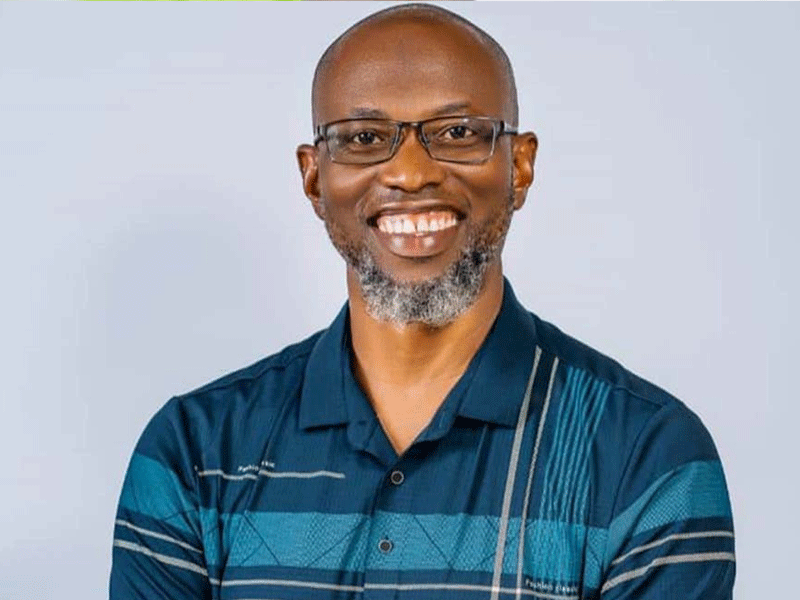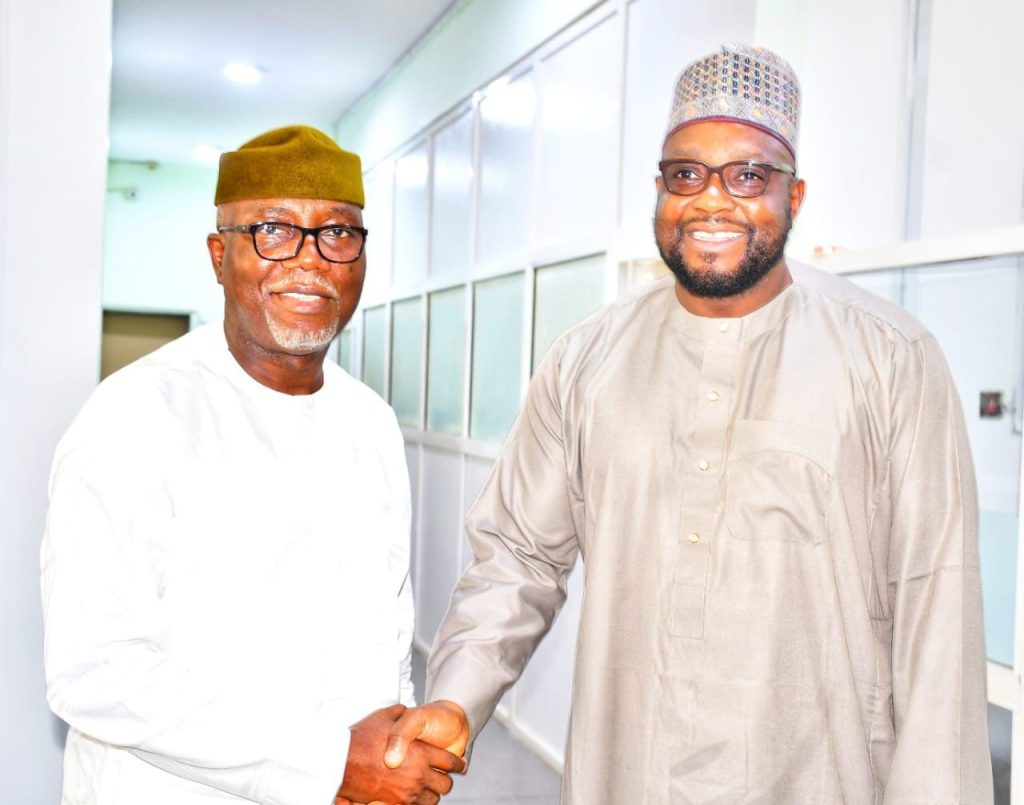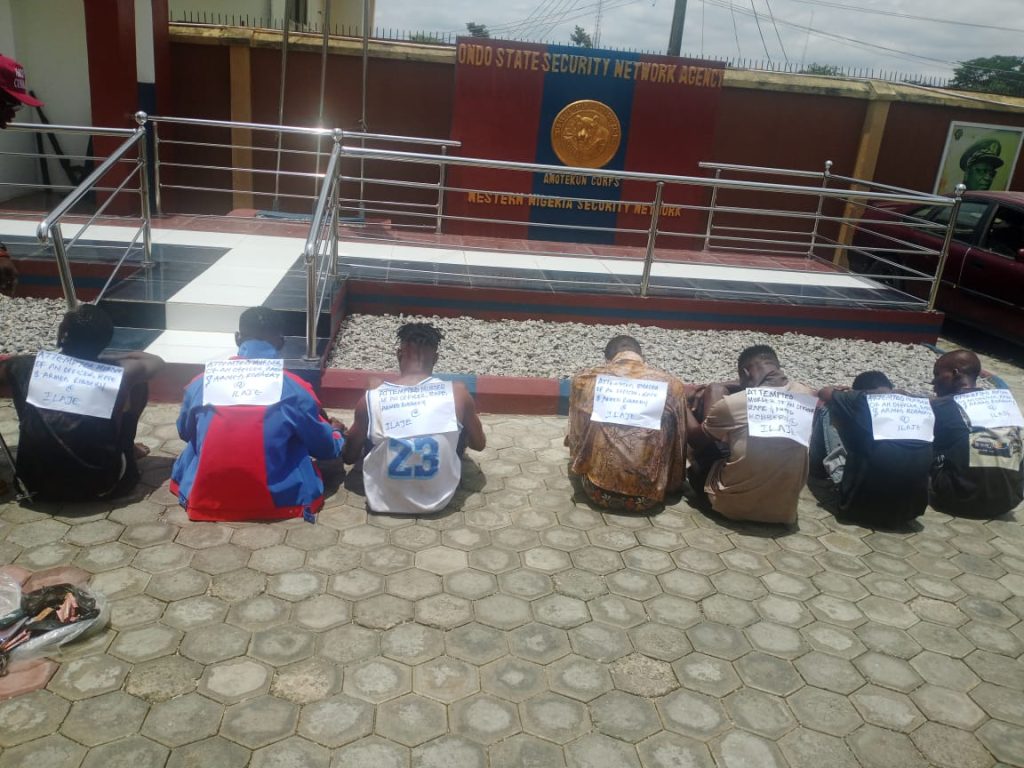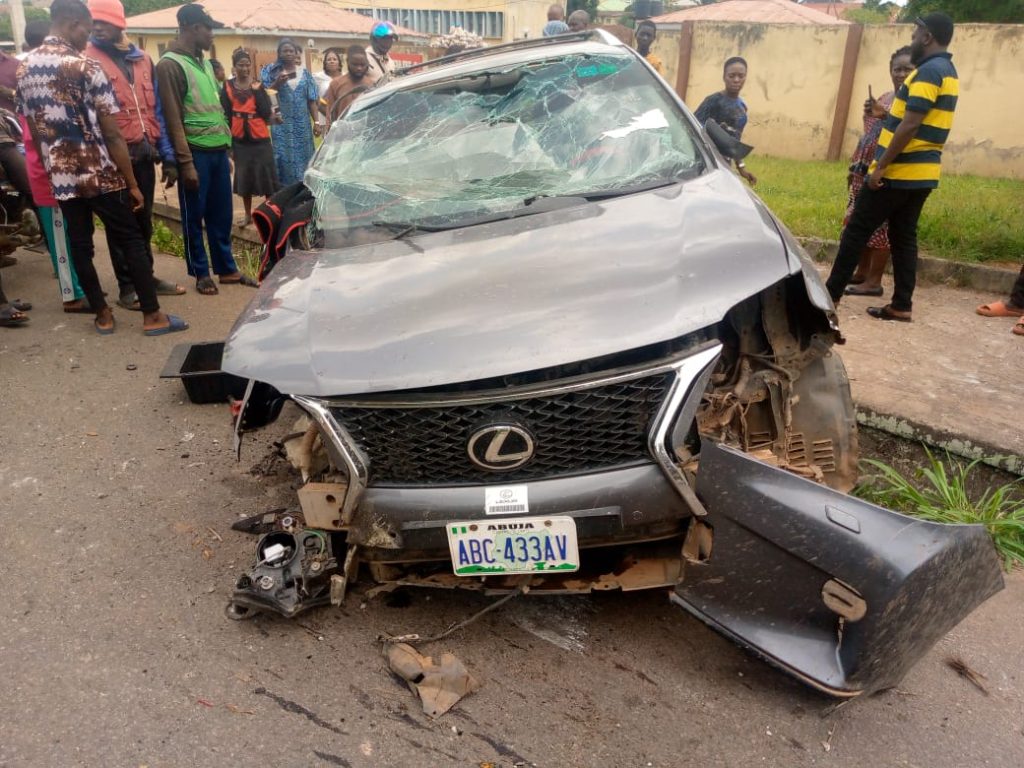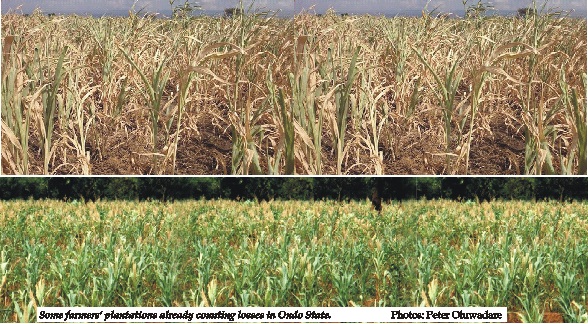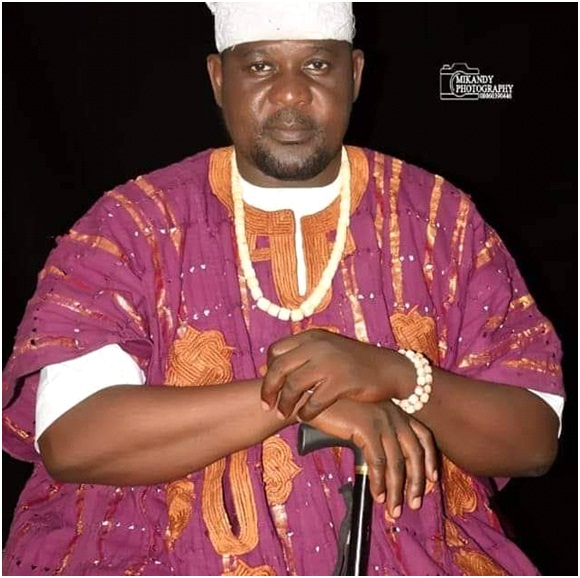Victimhood as ‘pass’ to Aso Rock
Busuyi Mekusi
Globally, victimhood is one of the relational elements used to appraise people’s positioning, as compared with others who may be considered privileged, based on certain indices. For every victim of harm, there is an aggressor. Even though victims are made through accidental occurrences, premeditated actions are now more defined in new dimensions of victimhood that predisposes sternness in the pursuit of opportunities and privileges. The global space has thus been reduced to a centre of desperation for advancement and consternations, generated by contestations. To this end, individuals have been victims at one point or another, even though the magnitude of hurt suffered would be as relative as the variation in human personality.
Victimhood is the condition of having been hurt, damaged, or made to suffer, and the process of being wanted to be pitied or an attempt to make a capital of it. This also includes using the experience as an excuse for something. Victimhood could be dispensed or suffered by both childhood and adulthood! However, victimhood is different from victim mentality as the sufferers of the latter would constantly; blame other people for their miserable feeling, live a life of suspicion, see everybody as a potential aggressor, be cynical, feel helpless about changing their situation, share their tragic stories, put themselves down, carry around the premonition of vulnerability, be irrevocably pessimistic, even in the face of possibilities, etc. It is saying the obvious that Nigerians are not just victims of very many challenges, but a greater number of them, as leaders and followers, are suffering from victim mentality.
Aso Rock, the synonym for the Nigeria presidential villa in Abuja, is very much sought after, not because of the prestige associated with the occupation of the residence as number one citizen of the country, but as a result of the huge constitutional political powers that the resident wields, particularly as a result of the negatively-skewed federal system that is practised, which is from every intent and purpose unitary. The apparent lopsidedness in the political system has always accounted for the persistent calls for the restructuring of the political system, in order to devolve more powers to sub national entities. The outgoing government of APC and PMB was believed to have pledged restructuring in the quest for power, but the regime has consistently been dissociative to the issue of restructuring, as the attempt made by the 9th Assembly to review the 1999 Constitution of the Federal Republic of Nigeria (as Amended) appeared only to be a flash in the pan. Little wonder that restructuring is one of the dices being tossed by presidential candidates seeking a ‘pass’ to Aso Rock in 2023.
Since PMB ‘checked into’ Aso Rock in 2015, one category of Nigerians that have had the rare privilege of visiting the Villa were victims of rage, banditry, kidnapping, etc., who escaped or got freed from captivity, and bear the national emblem of our vulnerability. The Chibok secondary school girls that were abducted on 14 April 2014 remain a negative commentary on the capacity of Nigerian leaders to secure the citizens. Records show that 276 Chibok girls were abducted, but 57 escaped that very night, while 107 girls were released in 2018. Three girls were ‘recovered’ in 2019, two in 2021, and 9 were rescued in 2022, bringing the total of them out of bondage to 178, with 98 still remaining in Boko Haram captivity.
In 2016, 21 Chibok girls were released and received by Buhari and Osinbajo in the Villa, with one of them carrying a baby. Another Boko Haram escapee, Maryam Ali Maiyanga, was found in Pulka in northern Borno State carrying a 10-month-old baby boy. These babies, fathered by ‘unknown’ Boko Haram leaders, do not just remind us of the inevitability of single-parenting in certain instances, but encase the memory of a psychical past of an individual, and disgraceful unholy alliance between the state and non-state actors.
Similarly, in 2017, 82 released Chibok girls received an official welcome in Aso Rock, dressed in branded T-shirt top on Ankara fabric rapper, the menacingly-looking girls moved from the jungle of Sambisa Forrest to savour, very temporarily, the bliss of the safest haven in Nigeria. They were said to have been released in exchange for some Boko Haram fighters that were in the custody of the Nigeria government. Painfully, the last set of ‘privileged’ victims-visitors to Aso Rock were the released victims of the Abuja-Kaduna train attack that were in captivity for eight months, who also secured their freedom after a swap deal between the government and terrorists. One of the released victims, Azurfa Lois John told us how she rejected the terrorist’s commander proposal to her, suggesting that these satanic terrorists would stop at nothing to sap their prey of decency. The foregoing is purely a commoditisation that reminded us of the veritable pre-western communal trade-by-barter system.
Occupants of Aso Rock, starting from Ibrahim Babangida, who moved the seat of power from the noisy and crowded coastal commercial city of Lagos to the tranquil vegetative neutral space in the savannah of Abuja in 1991, have consistently justified their occupation, or get excused, by reason of their proclaimed or arrogated victimhood. For instance, the emergence of Babangida as Head of State, after ousting Muhammadu Buhari on August 27, 1985, was justified with the national victimhood induced by economic problems under Buhari, and what Babangida called an “economy ravaged by decades of government mismanagement and corruption”. Even though Babangida started his Head of State splendour at the Dodan Barracks in Lagos, his military presidential metamorphosis in Aso Rock in Abuja was ostentatiously gargantuan! Bad enough, the titillating maradonic regime of Babangida was believed to have liberalised corruption in Nigeria, giving many Nigerians victims’ mentality.
Ernest Shonekan’s emergence as Interim President in 1993 typified the victimhood of the annulment of the June 12, 1993 presidential election that was won by M.K.O. Abiola, and the denial of the Yoruba the opportunity to access Aso Rock. For Sani Abacha to bloodlessly oust the interim government on 17 November 1993, he had to make a victim of the interim regime of Shonekan which he blamed for being stagnant and unable to manage the democratic process in the country, leading to Shonekan’s resignation. The occupation of Aso Rock by Abdusalami Abubakar in 1998 was as a result of the victimhood of Abacha through death. The democratic transition presided over by Abubakar’s government converted the victimhood created by the annulment of the June 12, 1993 election, death of Abiola, and abortion of the interim government of Shonekan to give Olusegun Obasanjo, a trusted ally of the north and formal military Head of State, pass to Aso Rock in 1999.
In what some analysts have referenced as a dangerous political game, Olusegun Obasanjo was claimed to have supported Umaru Yar’Adua to occupy Aso Rock in 2007 because of the latter’s being a victim of a terminal disease. This speculation predictably gave Goodluck Jonathan the pass to Aso Rock in 2010, as he rode on the victimhood of ethnic minority marginalised oil-rich Niger-Delta. His victimhood got dwarfed by that of agitated northern hegemony who felt deprived of political power and short-changed. Added to the victimhood of Buhari who had previously contested to occupy Aso Rock three times and failed, the victimhood of Jonathan having ‘no shoe’ was no longer popular, as everybody was a ‘president’ under his watch. The Ólulè (he fell) dramatic narrative of Buhari’s political three-time failure done recently by Tinubu is an enduring epithet!
As the race to grab the pass to Aso Rock in 2023 shapes up, the major candidates are underlying their aspirations with one form of victimhood or another. For example, the candidate of the PDP, Atiku Abubakar, who has contested unsuccessfully five times to be president, put himself forward, contrary to the thinking by some members of his party that the southern hemisphere should produce the candidate, because of the victimhood that the north has been disadvantaged in the occupation of Aso Rock since the return of democracy in 1999. This sentiment is also shared by Kwankwaso of NNPP. Tinubu is riding on the victimhood of his pro-democracy credentials and sacrificial political mentoring of others, while Obi is seeking the ‘pass’ to Aso Rock using the marginalisation of the south-eastern sub-region that has not produced a president since 1999.
Overall, the victimhood of lowly Nigerians may give them a ‘pass’ to Aso Rock, as a commodity for political capital, but the victimhood of notable Nigerians has continued to earn them a compensatory access that would mitigate their past negative experiences, while the memories of victims of terror are a poison to them, and an irritant to us all. For the sake of worthy existence, Nigerians’ victimhood through eclectic vulnerability must end, in order to preserve our humanity!

